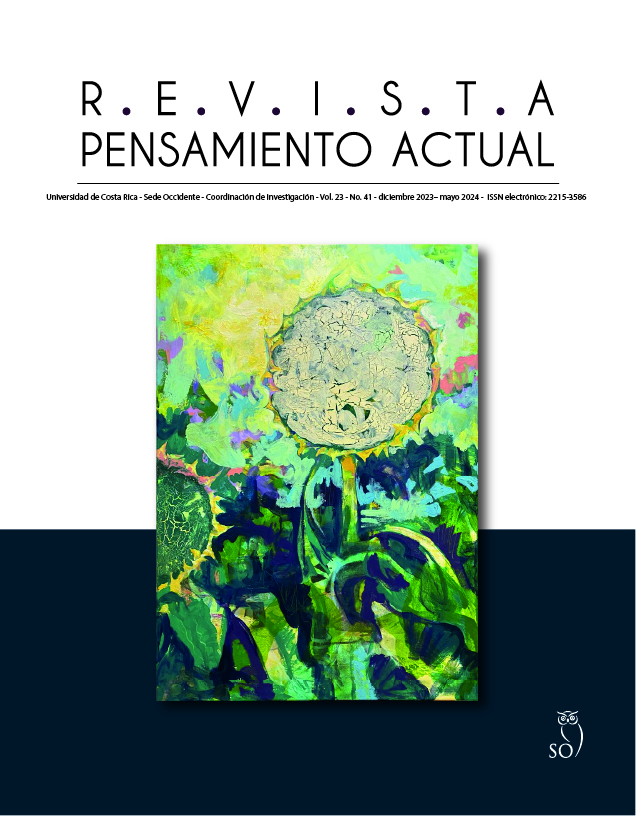Abstract
This article argues about the relevance of complex thinking for the development of epistemology and scientific research. For this purpose, it proceeds to a description of the origins of this theoretical framework, stopping at propositions of some of its representatives, who contrast the paradigm of complexity with that of simplicity, and evaluate scientific productions from both points of view. The complexity paradigm contains the force of integration, from which it derives synergies. Then, some antecedents of the paradigm are explored and the ethical content of knowledge production is analyzed, namely, the promotion of autonomy and freedom. It concludes with a reflection on the awareness of the scope and limits of knowledge in relation to the reproduction of life.
References
Alvargonzález, D. (2017). La idea de Revolución Científica. Ábaco, 93, 60–66.
https://www.jstor.org/stable/26561994
Ardrey, R. (1998). La evolución del hombre: la hipótesis del cazador. Alianza.
Bertalanfy, L. (1986). Teoría general de los sistemas. Fundamentos, desarrollo,
aplicaciones. FCE.
Bottomore, T. (Ed., 1984). Diccionario del pensamiento marxista. Tecnos.
Buckley, W. (1970). La sociología y la teoría moderna de los sistemas. Amorrortu.
Català, J. (2005). La imagen compleja. La fenomenología de las imágenes en la era de
la cultura visual. Universitat Autònoma de Barcelona. Servei de Publicacions.
Capra, F. (2009). La trama de la vida. Una nueva perspectiva de los sistemas vivos.
Anagrama.
Durkheim, É. (1994). Las reglas del método sociológico. Alianza.
Engels, F. (1968). AntiDühring. La subversión de la ciencia por el señor Eugen Dühring.
Grijalbo.
Espinosa, B. (1984). Ética demostrada según el orden geométrico. Orbis.
García, R. (2006). Sistemas complejos. Conceptos, método y fundamentación
epistemológica de la investigación interdisciplinaria. Gedisa.
Glare, P. (Ed., 1968). Oxford Latin Dictionary. Oxford University Press.
Habermas, J. (1992). Conocimiento e interés. Taurus.
Marx, K. (1986). El capital. T. I., Vol. 3. Siglo XXI.
Merton, R. K. (1990). A hombros de gigantes. Ediciones Peninsula.
Morin, E. (2001). El método 1. La naturaleza de la naturaleza. Cátedra.
Morin, E. (2006). El método 3. El conocimiento del conocimiento. Cátedra.
Mumford, L. (2010). El mito de la máquina. Técnica y evolución humana. Pepitas de
calabaza.
Platón (1993). La república. Alianza.
Reynoso, C. (2006). Complejidad y Caos: Una exploración antropológica. Sb.
Taleb, N. N. (2018). El lecho de Procusto. Aforismos filosóficos y prácticos. Paidós.
Comments

This work is licensed under a Creative Commons Attribution-NonCommercial-ShareAlike 3.0 Unported License.
Copyright (c) 2023 Pensamiento Actual


